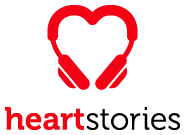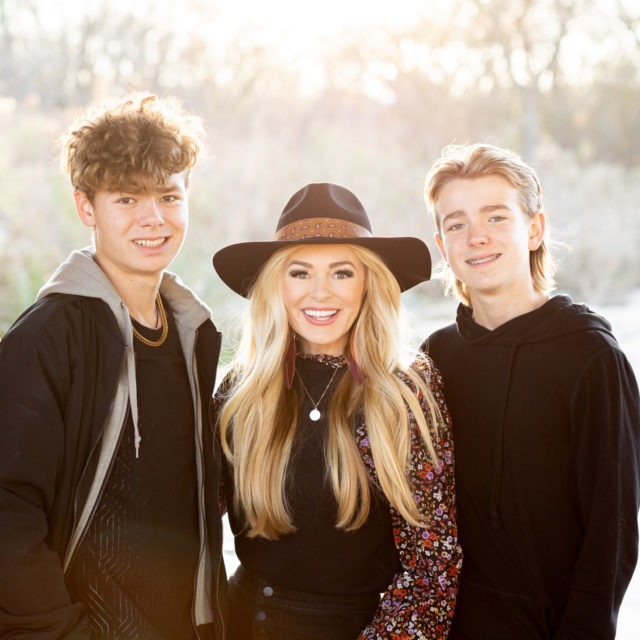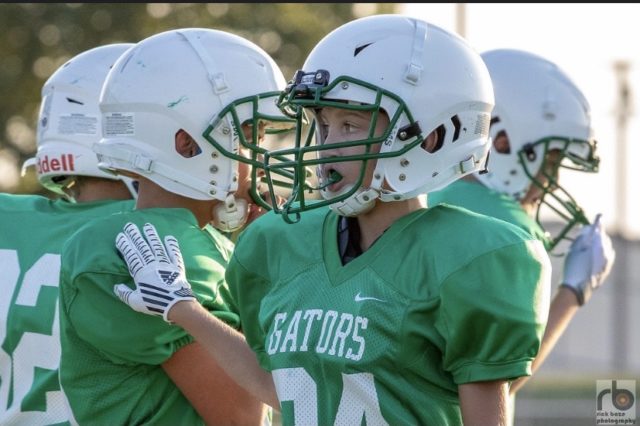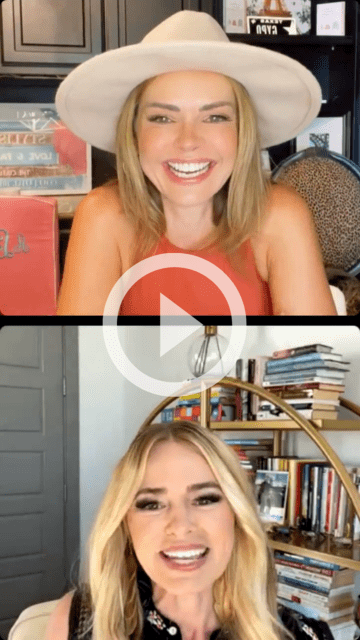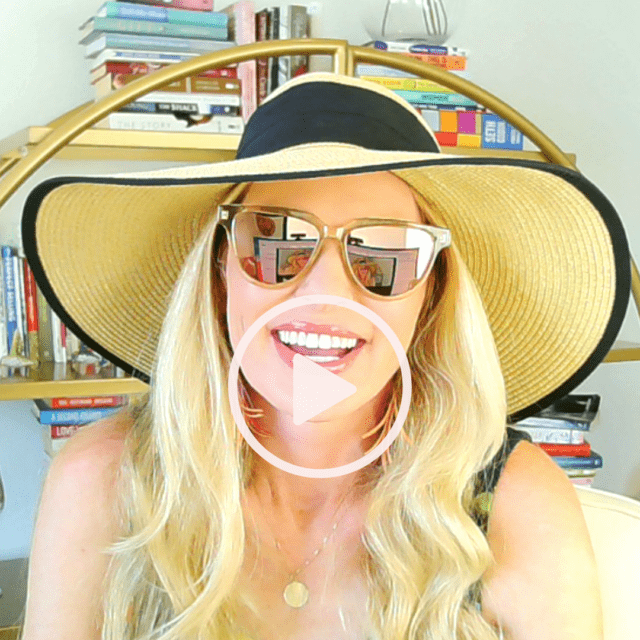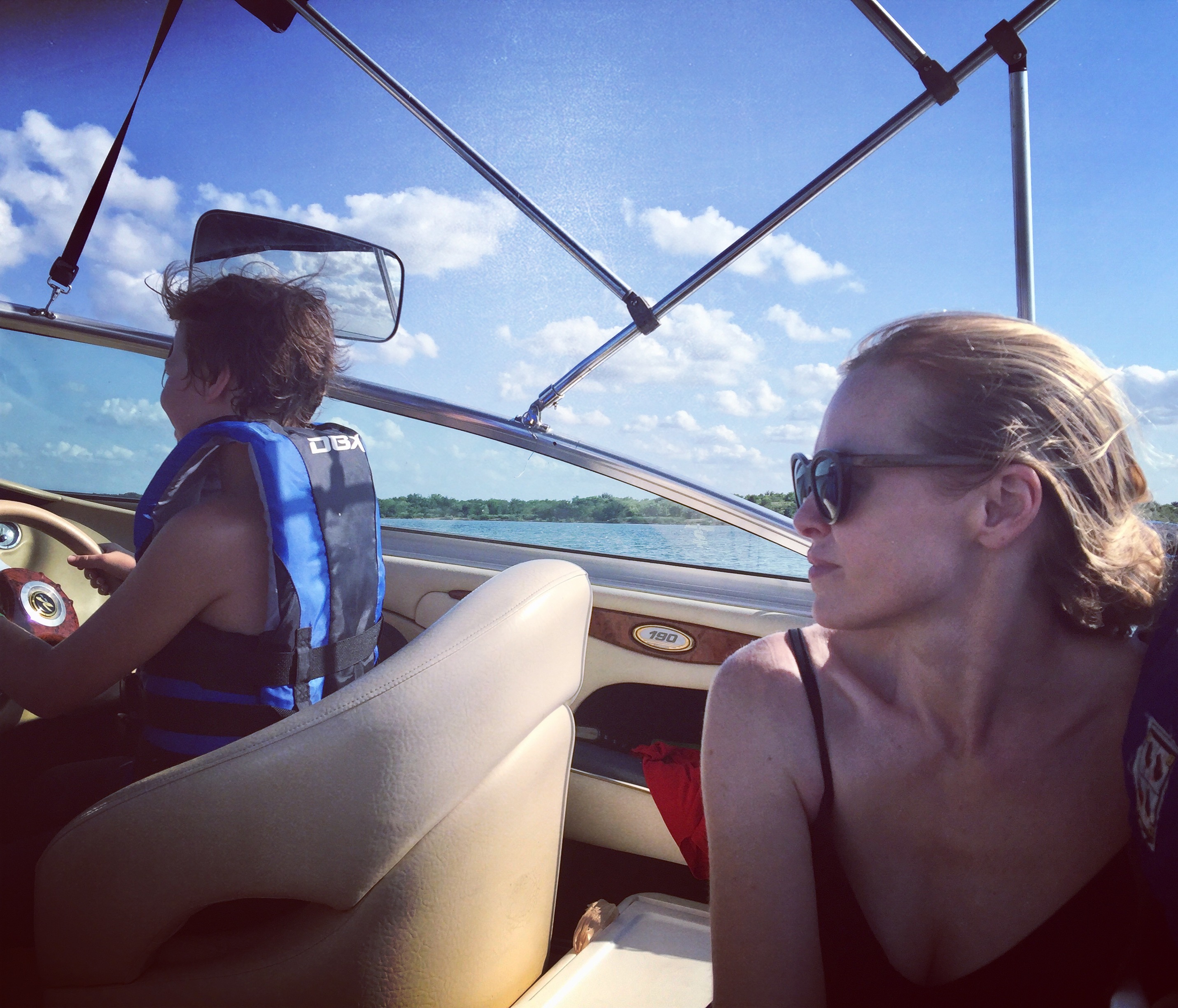
In follow-up to yesterdays post about the magic of connection for people to feel safe, a friend sent me an article with this little nugget of gold regarding being a safe place for your kids:
“Sit your kid down and tell them this, word for word: You can come and talk to me about anything and I promise you that I will not be mad at you. No matter what it is. I will not get mad. ” ~ Heather Armstrong
This is gold, of course.
If we can keep this promise to our kids, our spouses and friends, we will be the Holy Grail of safety to them. They will know they can come to us with anything, any circumstance, any screw up and we’ll be there for them. They’ll know they’re never alone, and that can be the difference between life or death.
But how in the world can you do this?
I mean, not get mad, no matter what?!? It turns out, it’s just like everything else in our lives. Getting good at something takes practice. And in order to practice, we have to create opportunities. We have to ask hard questions and be prepared to respond with grace.
Sometimes that means a poker face.
I remember when my kids were little, we went to a seminar by Mary Flow Ridley. She said, anytime your child asks a hard question the first words out of your mouth should be an enthusiastic, “That’s a great question. I’m so glad you asked!” Let me just tell you, those words have saved me. Because as soon as I realize the question is going to be tough, I know those are going to be my first words. It not only buys me time and immediately activates my poker face (that nothing they say will shock me), it shifts my mindset to value their vulnerability.
It honors their courage to ask.
My friend Melissa Blair, who’s sharing with us at our GNO in two weeks, wrote this blog post on The 4 Words That Bring Healing, that has forever impacted my life and the lives of my husband and kids. She taught me that when someone in my life is hurting, I can automatically respond with, “That must have hurt.” In much the same way, it’s given me an instant empathetic response that creates safety for the one who is hurting. They know they are seen and heard. Those words have fostered connection in moments I probably would have really screwed up in the past.
But having a plan has saved me.
It’s all about having a plan in advance for responding to tough conversations. It’s about focusing on connection and relationship. Because even the safest people are imperfect. We’re human. We’re all going to screw up, but we have to get up and try again.
We have to practice being safe for our people.
If you’ve never used some of the words above, I encourage you to give them a try. You’ll be pleasantly surprised at the doors for connection that are opened when you practice showing up with a plan for being a safe place. If you have other plans and practices that have helped you be a safe place for your people, I would love to hear them!
Life is uncertain, but we have to show up bravely to love our people well.
Being brave is easier when we do it together.
What’s your plan for brave conversations?
to more love,
Crystal

